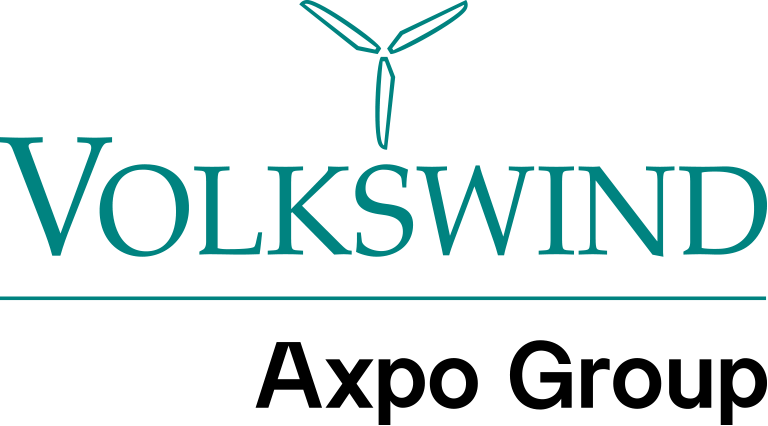Could you introduce yourself and your commune?
I’m Olivier Bertrand, mayor of Arcy-sur-Cure since 2001. Arcy has a population of 500 in the Yonne department. The village lies at the bottom of a valley: the wind farm project has been developed on the plateau, which is still a long way from the village. This rural community has a low density of industry and a relatively low per capita tax potential. All new sources of income are welcome for the community. Wind power development was one of the expected sources of industrial support.
Could you describe your area?
There are Natura 2000 zones in the commune, and the valley is classified as a Natural Zone of Ecological, Faunistic and Floristic Interest (ZNIEFF). It wasn’t necessarily very easy at first to set up wind turbines in an area like this, and with the proximity of a site like Vézelay, which could cause a few problems at the outset.
Why host a wind farm in your area? What prompted this decision?
From the outset, the municipality of Arcy was in favour of the project and gave it a very positive reception, which wasn’t necessarily easy at the time because there weren’t many wind turbines in the area and people were somewhat suspicious of such installations. On the other hand, more than 10 years ago we were already aware that something had to be done about renewable energies, even if these issues weren’t as topical as they are today. The people who embarked on this type of project were pioneers. A neighbouring municipality had already launched a project to install wind turbines and had numerous appeals. I have the impression that our project went through fairly easily, because everyone was focused on the other, much bigger project, which has since been completed.
Did the town council and local residents immediately support the project? Were there any votes against?
There were very few objections from the residents of Arcy; the objections came from associations outside the commune. The town council at the time gave a favourable opinion, with only one abstention. On the whole, everything went well and the residents were in favour. In the end, the battle was more administrative than linked to difficulties with the population or the agreement of the citizens.
What was your relationship with Volkswind during the project?
We’ve always had good relations with Volkswind, and we’ve had a succession of contacts over many years. Despite the fact that the project was halted for political reasons, which tended to demotivate us, people from Volkswind kept coming back to keep us informed about the progress of the project, changes in the law and other developments. We had several contacts, but they were always good contacts.
As far as the construction was concerned, everything was perfect. We’ve never had a problem, everything has been done as we said it would be. Whether it’s the access roads or taking into account the needs of the farmers for the uses, and the ONF for the forests (we’re on the edge of a wooded area). The hills are wooded, and when you get to the plateau, there are agricultural areas, so the wind turbines were built in the agricultural area after the wooded area. There was some mistrust between the forest boundary and the wind turbines. But the exchanges between the various parties were respectful and everything went off without a hitch.
How did the wind farm fit in with your surroundings?
Volkswind showed us photo-montages of the wind turbines. Obviously, you get different views depending on the angle and where you stand. There were a few reactions once the turbines had been erected: “Oh well, we hadn’t seen it like that”, “Oh well, we can see them differently”. In the end, everything was accurate, there was no deception between the project and its completion.
What are the financial benefits for your local authority?
We had an agreement with the former community of communes on a partial repayment, which has been maintained by the current community of communes. So today we receive what the law stipulates and a payment of what the com. com. receives, which corresponds to half of the sums received. This is very positive, as it is not the case for all communes.
What projects or work have been carried out thanks to the arrival of the wind turbines?
It’s enabled us to carry out a whole host of projects, with the priority of not raising taxes. For example, we’ve installed charging points for electric vehicles. We’ve replaced the old street lamps with LED lights. We have been able to install lighting on the football pitch so that training sessions can take place in the evenings. Each year, we will have a greater capacity for investment. This will involve improvements to pavements, roads, etc.
The installation of wind turbines has given most people a positive view of renewable energy. We have many applications for permits to install photovoltaic panels on houses. We have an agrivoltaic project underway with farmers to install panels in their fields.
And in the local area, we have a project to install photovoltaic panels on the roof of the bakery so that it can use its own electricity. We’re really in the spirit of consuming locally and producing energy continuously. The wind turbines may have triggered a shift in awareness towards renewable energies in our rural areas. There’s also a methaniser project about to come on stream in the Avallonnais. A different energy offer is gradually being put in place in our regions.
What would you say to other mayors about your experience with wind turbines?
Personally, I’ve always been in favour of wind power and photovoltaics, and I myself had solar panels installed on the roof of my house. I was already aware that we had to do something to get away from fossil fuels, and in fact, before the wind turbines arrived, we had changed the collective heating system at the town hall and the schools to wood pellet heating. Successive town councils have been quite keen to develop renewable energies.





